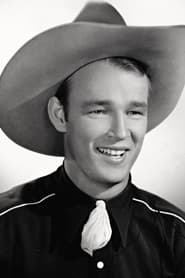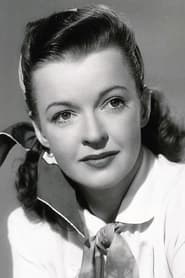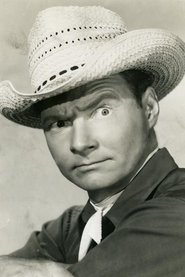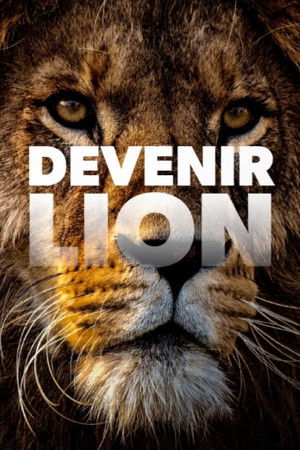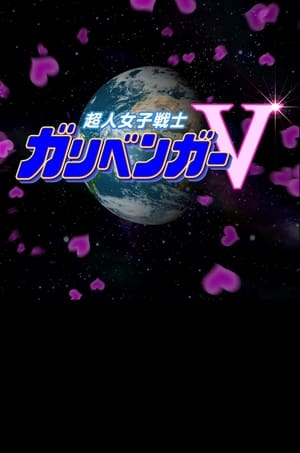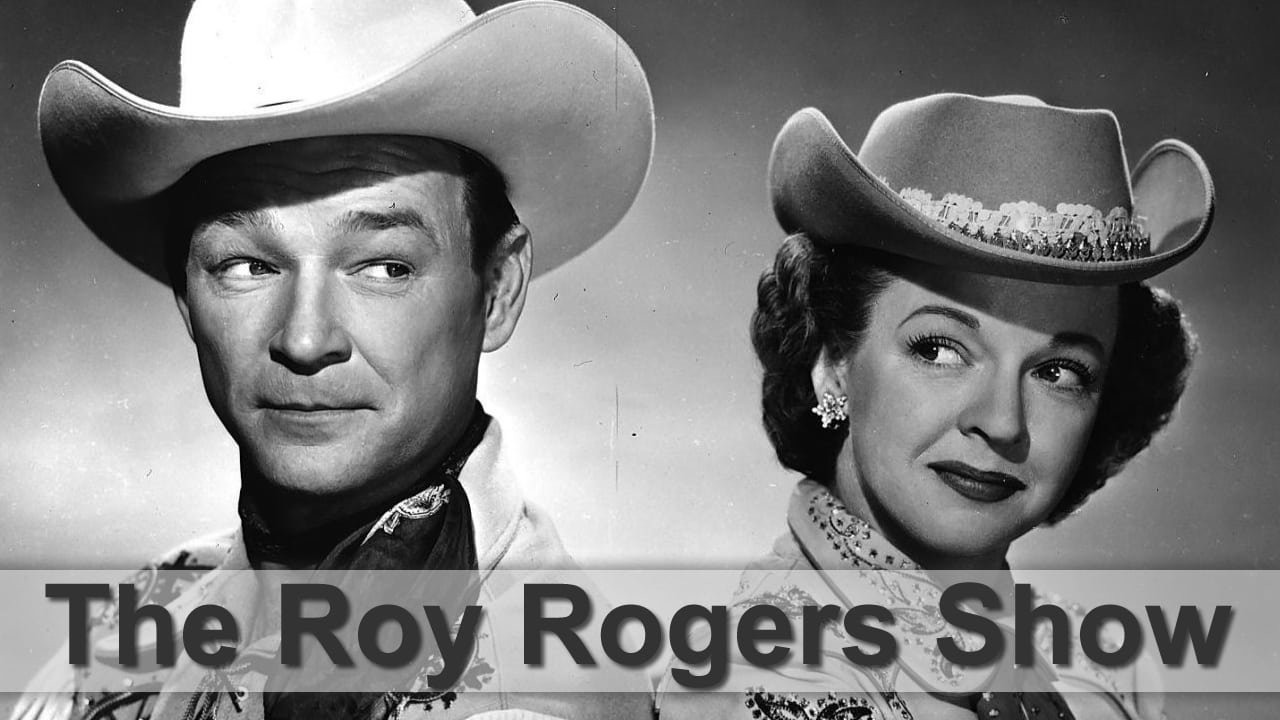
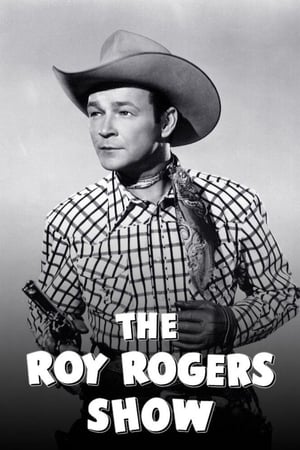
The Roy Rogers Show(1951)
Overview
Roy Rogers is the owner of the RR Ranch in the Mineral City area, which he runs with the help of the German shepherd dog Bullet and his horse Trigger. Roy, supported by his friend Pat Brady, is often helping the weakest usually threatened by cattle thieves, dishonest sheriffs and villains of various kinds. Pat Brady works as a cook at the Eureka Café, owned by Dale Evans.
Networks:

Production Companies:
Recommendations TVs
Where the Action Is (en)
Where the Action Is or was a music-based television variety show in the United States from 1965–67. It was carried by the ABC network and aired each weekday afternoon. Created by Dick Clark as a spin-off of American Bandstand, Where the Action Is premiered on June 27, 1965. Originally intended as a summer replacement and broadcast at 2 P.M. EDT, the show was successful enough for it to continue throughout the 1965-66 TV season, with a change in time period to 4:30 P.M. Eastern time, so its young audience could continue to watch it once schools opened in September. The show's theme song, "Action", became a hit single for Freddy "Boom Boom" Cannon, peaking on the charts in September 1965. Most of the telecasts, all of which were produced in black-and-white, were taped at various locales in Southern California although a handful of segments were taped elsewhere in the country. The theme song was written by Steve Venet and Tommy Boyce. Later Boyce co-write songs for The Monkees. The program had its own stable of performers, most notably Paul Revere & the Raiders, who served as the de facto house band. When the group departed the show in 1966, they were replaced by The Robbs. Other regular performers on Action included the dance troupe Pete Manifee and the Action Kids. Individual episodes featured a wide range of guest performers, as detailed below.
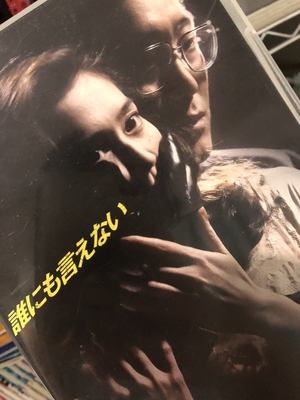
The Secret (ja)
Chikako Kaku and Shiro Sano of "I've Always Liked You" (1992) co-star again in a shocking film that depicts the extreme love-hate between a man and a woman with a strong touch of suspense on the theme of marriage. Mario's eccentricities played by Sano attracted even more attention, with the highest viewership of 33.7%. The main character, Kanako (Chikako Kaku), marries her beloved and starts a happy life. Next to it, his former lover, Mario, who abandoned himself, moves in and says that he wants to try again ... The strange love and relationships that begin here, and the "terrifying reverse tama man" Mario extends the devil's hand not only to Kanako but also to her husband. However, Mario was also unaware of his wife's gaze that burned with jealousy of him ... The secret hidden in a love marriage that "cannot be told to anyone" is gradually revealed. The theme song was written by Yumi Matsutoya for the first time in 17 years and became a big hit "A Midsummer Night's Dream".
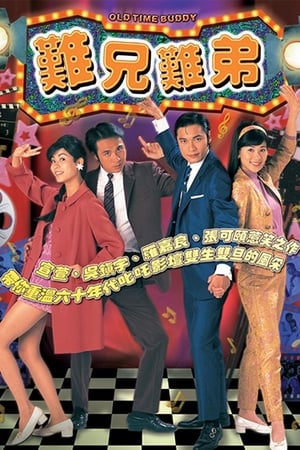
Old Time Buddy (cn)
A light comic memoir of the four hottest movies stars in the sixties through the nineties. Bosom friends Yuen and Ki try their luck in the show business together. But it turns out that only Yuen is destined to stardom. He is given the chance to often costar with the two hottest actresses, Fong and Chu. When Ki eventually becomes popular, the black and white movie industry starts to find its way downhill. Worse still, Ki is badly defamed when the secret of his father being a murderer is disclosed. He suspects Yuen to be behind this and they become enemies. Thirty years later, Yuen, Ki, Fong and Chu meet again. Will time help unravel their misunderstanding?
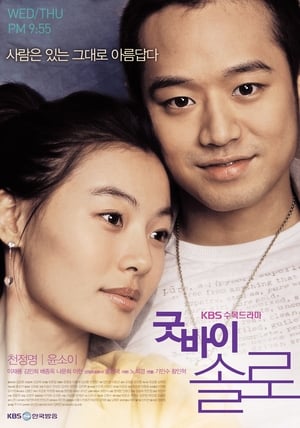
Goodbye Solo (ko)
Goodbye Solo is a 2006 South Korean television series starring Chun Jung-myung, Yoon So-yi, Kim Min-hee, Bae Jong-ok, Lee Jae-ryong, Kim Nam-gil, and Na Moon-hee. It aired on KBS2 from March 1 to April 20, 2006 on Wednesdays and Thursdays at 21:55 for 16 episodes. In the urban melodrama, seven lead characters of different generations and backgrounds are all haunted by loneliness; they gradually interact and form a "family" borne out of emotional connection and mutual understanding. Renowned for her in-depth, realistic portrayals of ordinary lives, writer Noh Hee-kyung said that the drama's theme is that all human beings are beautiful just the way they are, simply by existing in the world.
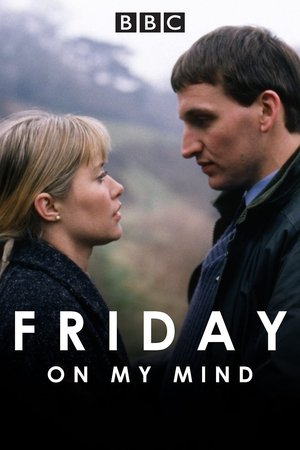
Friday on My Mind (en)
Three-part drama about a wife coming to terms with the death of her pilot husband in a flying accident.
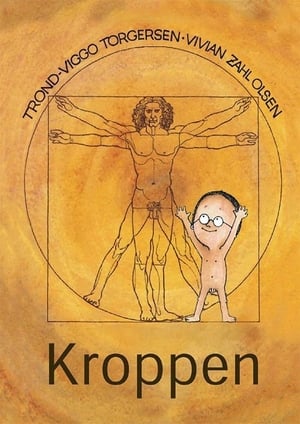
The Body (no)
Norwegian educational series about human body and how it works.

Onwards and Onwards (en)
It's Marcella's 30th. She's found a life coach who's prepared to help sort her life out.
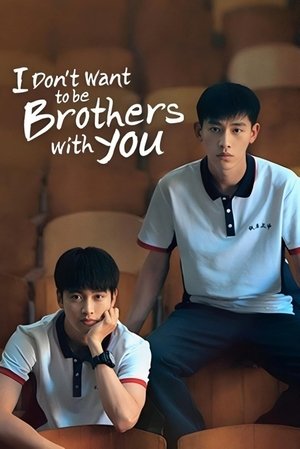
I Don't Want to be Brothers with You (zh)
Gao Yang does not get along with his father Gao Bin since young, despite being brought up solely by him. He is a rebellious kid, often skipping school and testing the limits of his teachers. He then decides that he and the new student Ye Xiao Wen will be "irreconcilable rivals". However when he returns home after school, he is shocked to see Ye Xiao Wen cooking at his house! Gao Bin then drops another shocker - Ye Xiao Wen would be living together with them.
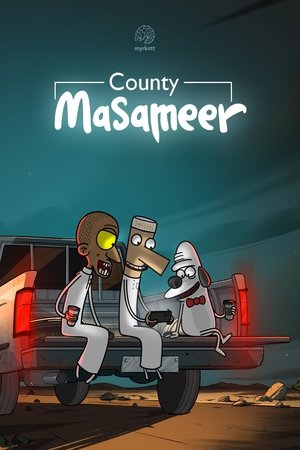
Masameer County (ar)
A humorous view of a changing Saudi Arabia, as the Masameer gang venture into a global media war, a long-standing tribal feud, and a health craze gone too far.
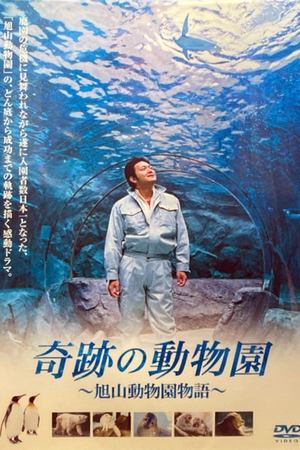
Miracle Zoo ~ The Asahiyama Zoo Story ~ (ja)
Asahiyama Zoo, in Hokkaido, is facing a financial crisis and the zoo director and keepers try everything to save the zoo from closing down.
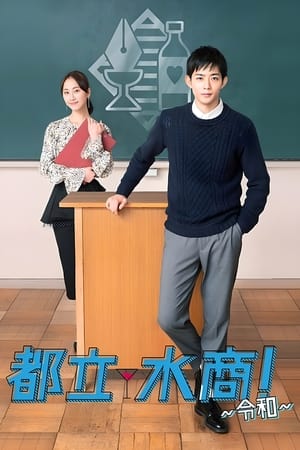
School for Nighttime Entertainment (ja)
The School of Water Business is a manga series created by Shinobu Inokuma, the author of Salad Days. It is based on a novel by Hikaru Murozumi, and is set in a fictional trade-school—that focuses on the mizu shōbai—located in the Kabukichō district of Shinjuku, Tokyo. The school's focus is to give students their last chance in the school system. Classes are divided into occupations such as hostesses, hosts, "managers", "geibaa" and, finally, "soapgirls". The series is mostly a romantic comedy but also mixes in many positive messages about life, work, friendship, and other topics. The series has a sequel, 都立水商!2, with one volume published as of March 2012. Oda Mari, now a teacher at the high school, replaces Keisuke Tanabe as the focus character.
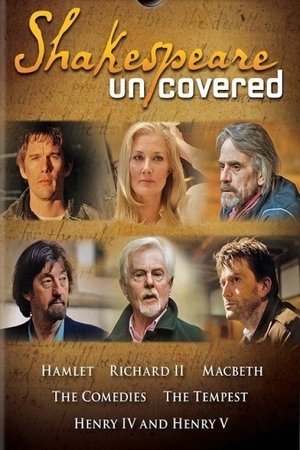
Shakespeare Uncovered (en)
Celebrity hosts guide viewers through William Shakespeare's plays in performance. Each episode serves as a primer for newcomers to Shakespeare while serving up enough historical and theatrical insights to enchant lifelong fans.
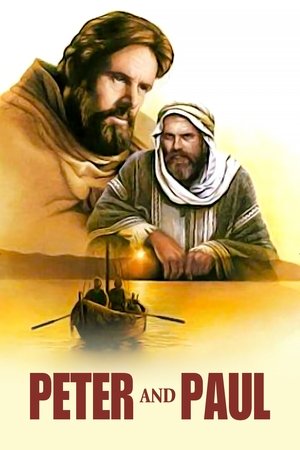
Peter and Paul (en)
Peter and Paul assume leadership of the Church as they struggle against violent opposition to the teachings of Christ and their own personal conflicts.
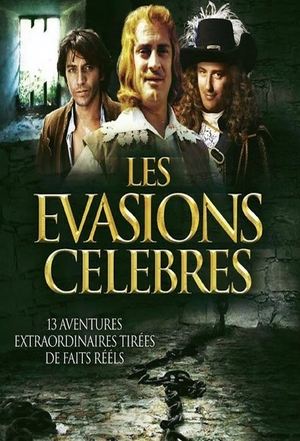
the famous escapes (fr)
From Bonaparte to Casanova, history is cast in the light of famous escapes from various European countries.
